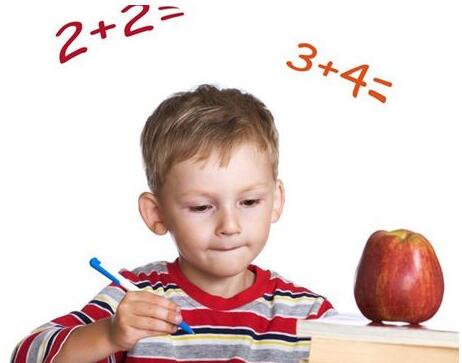We’re so used to our base ten system that it may seem like the only possibility.
我們已經(jīng)習(xí)慣用十進(jìn)制計(jì)數(shù),認(rèn)為世上似乎只有這一種計(jì)數(shù)系統(tǒng)。
But the Greenlandic number system has a base of twenty, and others have a base of five.
而格陵蘭島的計(jì)數(shù)系統(tǒng)為二十進(jìn)制,其他有的地方采用五進(jìn)制。
Of all the number systems ever invented, five, ten, and twenty are the most common bases.
在所有發(fā)明的計(jì)數(shù)系統(tǒng)中,五進(jìn)制、十進(jìn)制和二十進(jìn)制是最為常見的。

It’s no coincidence that these bases match the number of fingers on one hand, or two hands, or all of our fingers and toes.
其實(shí),這些計(jì)數(shù)進(jìn)制符合一只手、兩只手的手指數(shù)量,以及手指加上腳趾的數(shù)量并非巧合。
The connection between fingers and counting is so close that several languages have just one word that means both “hand” and the number five.
手指和計(jì)數(shù)的聯(lián)系如此緊密,很多語(yǔ)言里用一個(gè)詞匯同時(shí)表示“手”和數(shù)字“五”。
Even in English, the word digit describes either a number or a finger.
英語(yǔ)中也有類似的情況,digit一詞既可表示數(shù)字也可表示手指。
So if anyone teases you for counting on your fingers, just tell them you find your digits quite handy!
如果還有人取笑你用手指算數(shù)的話,告訴他使用手指計(jì)算很方便即可!
譯文為可可英語(yǔ)翻譯,未經(jīng)授權(quán)請(qǐng)勿轉(zhuǎn)載!












